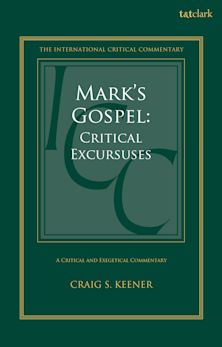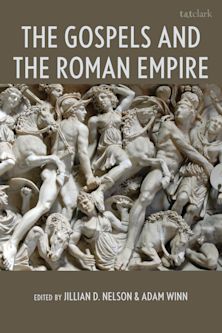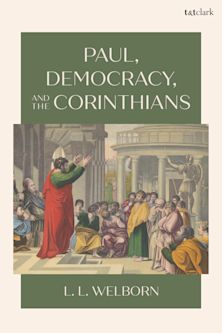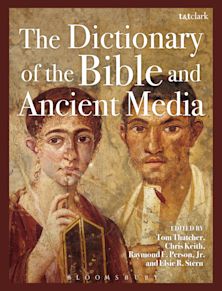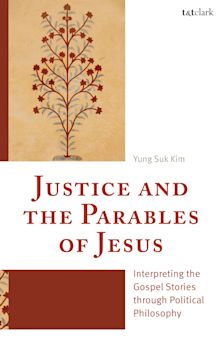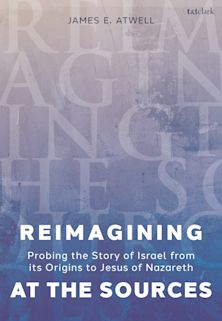- Home
- ACADEMIC
- Biblical Studies
- New Testament
- A Synoptic Christology of Lament
A Synoptic Christology of Lament
The Lord Who Answered and the Lord Who Cried
A Synoptic Christology of Lament
The Lord Who Answered and the Lord Who Cried
You must sign in to add this item to your wishlist. Please sign in or create an account
Description
In A Synoptic Christology of Lament: The Lord Who Answered and the Lord Who Cried, Channing Crisler explores an oft underappreciated description of Jesus in which the Synoptic writers portray him as both answering cries of distress and uttering them himself. Matthew, Mark, and Luke take up the quintessential language of suffering from Israel’s Scriptures, namely lament. Their engagement with lament overlaps and diverges from one another based upon their specific biographical aims. What emerges from this engagement is a diverse biographical portrait in which Jesus both responds to the cries of the afflicted as Israel’s God did and shares in their cries as righteous sufferers from Israel’s past did. The explanatory climax of this phenomenon arises in the respective passion narratives where Jesus’s ability to answer and utter lament finally converge in the same literary setting. The implications of this dynamic are far reaching as it provides yet another consideration for ongoing research on early Christology. The lament language embedded in the Synoptic Gospels and reflected in subsequent early Christian writings points to a belief among some Christ followers that Jesus answered their cries and participated in them.
Table of Contents
Introduction
Chapter One: Lament and Early Christology
Chapter Two: Lament in Israel's Scriptures
Chapter Three: Laments to Jesus and by Jesus in Mark
Chapter Four: Laments to Jesus and by Jesus in Matthew
Chapter Five: Laments to Jesus and by Jesus in Luke
Chapter Six: The Significance of Lament in Synoptic Christology and Beyond
Bibliography
Index
About the Author
Product details
| Published | 04 May 2023 |
|---|---|
| Format | Ebook (Epub & Mobi) |
| Edition | 1st |
| Extent | 368 |
| ISBN | 9781666912715 |
| Imprint | Lexington Books |
| Publisher | Bloomsbury Publishing |
About the contributors
Reviews
-
Channing Crisler uncovers the prevalence of lament in passages throughout the Synoptic gospels that has been largely overlooked and brilliantly elucidates the texts where it occurs. Most importantly, he highlights their christological significance. Jesus not only answers the cries of people in the way that the Lord God answered Israel’s cries, but he also cries out to God in lament showing how he participates in human affliction.
Crisler applies his breadth of knowledge of the Old Testament to gospel texts to make this book an invaluable resource for scholars and students who want to interpret them afresh. But, most importantly, this work is an invaluable resource for the church today. Anne Porter’s poem, “After Psalm 137,” is apt. We are still in Babylon but do not weep for Jerusalem because we feel no need to weep, have forgotten how to weep, and in neglecting to do so, we have forgotten God. This book recaptures the meaning and importance of lament for God’s people.David E. Garland, George W. Truett Theological Seminary, Baylor University

ONLINE RESOURCES
Bloomsbury Collections
This book is available on Bloomsbury Collections where your library has access.














